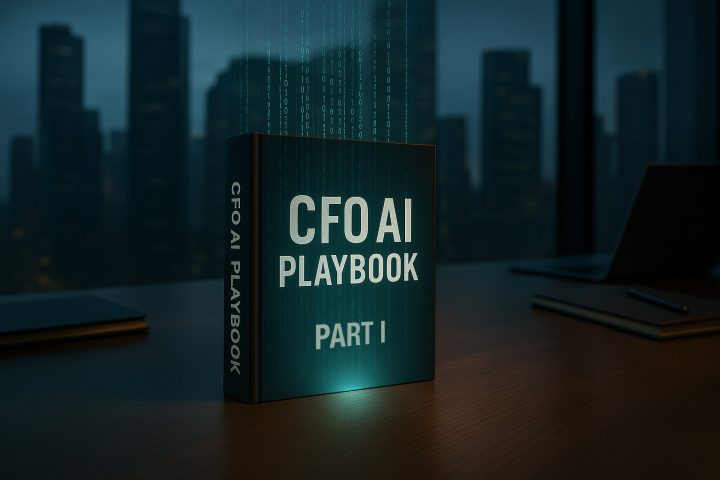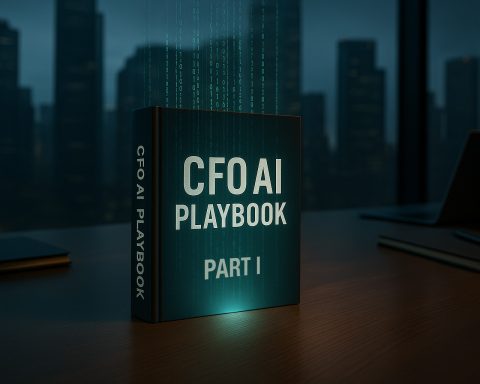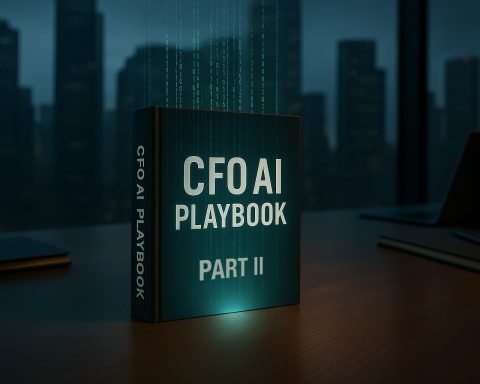Very little has been written about the tax implications of private equity dealmaking in the professional sports industry. In this article, I discuss two major franchise types, the impact of taxation, why private equity is making inroads and what limits exist on private equity
Why do sports franchises sell all or a portion of the team?
My paper is focused on the National Football League (NFL) and the National Basketball Association (NBA). Specifically, I will focus on the New England Patriots (NEP) and the Boston Celtics.
Sports franchises are often made up of wealthy families or partners. For instance, the New England Patriots are part of the Kraft Group, a large conglomerate that focuses on cardboard. The financial executive knows to bore further and understands that the Kraft Group is owned by the Kraft family of Massachusetts, the patriarch of whom is the well-known Robert Kraft. Families are just as diverse as the number of positions on the sports teams they may own, and so the Kraft family has an interested future president of the New England Patriots, Jonathan Kraft and a largely disinterested philanthropist and politician Josh Kraft.
Similarly, the Grousbeck family of Boston Basketball Partners LP has reportedly been in the market to sell all or part of its majority partnership interest in the NBA Franchise, the Boston Celtics. The Celtics are worth north of $5 Billion and at a reported 30% for sale that equates to $1.5 Billion. Some reports indicate that the Celtics valuation has increased to $6 Billion after having won a recent NBA Championship.
Owners of large, well established and well-known sports franchises often sell due to estate planning and wealth management concerns.
Are there rules or limits for private equity in the sports industry?
Much like other industries, professional basketball owners and football franchises have established limits on private equity ownership. Rules have been established; however, the discussion has often been contentious.
The conflicting priorities of wanting to maintain local roots at the expense of maximizing revenues and cash flow, can pit existing owners against each other and a possible amicable private equity investor against a resistant partner. Indeed, local ownership was central to Robert Kraft’s initial purchase of the Patriots (they were almost named the St. Louis Patriots – heresy!!) and the hostility associated with the Minnesota Timberwolves dispute are both indicative of the need for upfront transactional boundaries. As recently as an interview in August 2024, Kraft stated that he saw the family as a “custodian of a LOCAL asset” (CNBC). Kraft further emphasized the local asset conversation in a January 2025 press conversation. Further, it has been reported that Wyc Grousbeck wishes to remain in an executive position with the Boston Celtics post-transaction.
The NFL’s Ownership Committee set very transparent restrictions. Specifically, they limited transactions to very particular, named private equity groups, limited private equity governance rights, specified the number of teams in which one private equity venture is allowed to invest, limited private equity’s possible ownership stake to a maximum of 10%, and specified a minimum holding period.
The NBA and other sports have increased the maximum private equity to 30% and considered the role of sovereign ownership funds and international ownership. These are all important considerations in the estate and wealth management space.
What are the tax implications of a franchise sale to private equity?
Consideration should be given to five specific taxation areas that will impact the sale of a nationally known sports franchise.
First, what are the Estate and Trust implications of the sale? Most of these franchises are protected by the families in some kind of trust, limited partnership, or limited liability company (LLC). The Kraft Group LLC holds the NEP, for instance. The Grousbeck family reportedly holds a significant stake in Boston Basketball Partners, LP, which is the holding company for the Boston Celtics, the Maine Celtics and other enterprises.
Second, how will the significant ongoing revenues be taxed and can we as financial professionals ensure that the new private equity investor makes our client, the Owner, whole? These revenues are often generated from media rights, ticket sales, concession agreements and other items.
Third, the fact that the size of these transactions often extends over multiple years with differing tax laws leads to the necessity of an ongoing review of the taxation implications, especially with respect to long term capital gains issues.
Fourth, capitalization considerations with respect to sale costs may reduce long term capital gains.
Finally, confirm that owners understand what exactly they are selling (is it a co-partnership or are they selling their partnership stake to private equity?) and what exactly they are potentially getting? It has been reported that the Grousbeck family wants to retain some control over the Celtics post transaction. Control of an asset may impact tax transfers and tax impacts at the federal, state and municipal levels. The same is true for private equity owners who often see team ownership as more of a real estate play in large markets.























Thanks for the informative article. I understand “amortization” is a huge tax savings for the sports teams. Sorry about the Patriots not making the Super Bowl!
Sonal, you are so right. We continue to see a loss leading sequence in these p/e deals. I fully expect the Sixth Street purchase to be a loss leader that will be used as a tax offset to the private equity group’s gains!